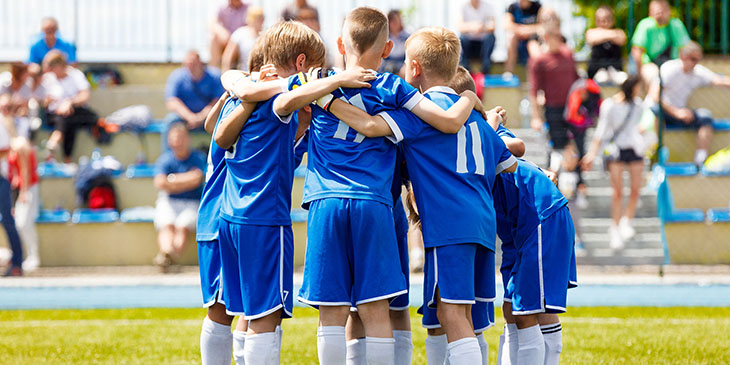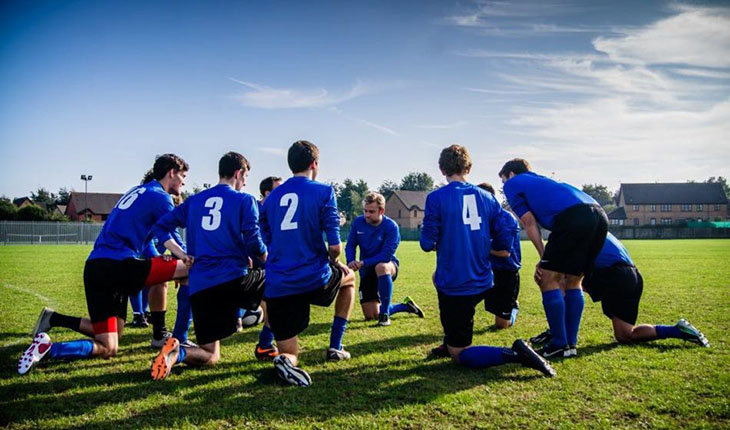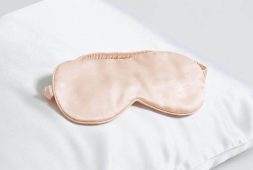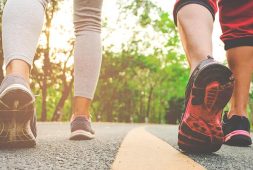
A new study was made on engaging children in sports and the researchers found that having an active sporting hobby can offset stress. The activity also helped enhance academic competence, especially when the COVID-19 lockdowns happened.
The effect that they saw was calculated at the time the two weeks were implemented in order to flatten the curve. The researchers believe the observed effect was significant that it can be applied to future periods when societal disruption may happen once more.
Researchers at the University of Waterloo saw that when people engaged in activities such as fitness classes and drop-in sports before the pandemic happened, the outcome they had was connected to lower levels of stress and higher levels of perceived competence. They were able to better handle challenges and master school workload despite what was happening to the world.
In order to do the study, the researchers used factor and regression analyses based on self-reported responses that came from 116 students who were actively involved in campus recreational sports at two-time points: January 2020, before the lockdown, and April 2020, after the lockdown.
“Our findings suggest that the impact of campus recreational activities on reducing stress went beyond the obvious physical health benefits and contributed to overall well-being even down the line,” said Steven Mock. He is a researcher in the department of Recreation and Leisure Studies.
“It’s possible that students who had learned how to deal with challenges and losses in the context of sport and recreational activity developed key skills such as adaptability that helped them manage with pandemic-related setbacks.”
During the start of the 2020 winter, the stress levels for students were basically low. They had some stressors at that time, but the top 3 were: managing academic demands, building new relationships, and trying to achieve personal goals.
“Students had just come back from the holiday break, their academic workload was still low, and they were not anticipating any societal disruption such as COVID-19,” said co-author Narges Abdeahad. She is a former Ph.D. candidate in the department of Recreation and Leisure Studies.
However, after lockdowns had begun, the April 2020 level of stress went up to above the midpoint. The top stressors had also changed to the following: online delivery of quizzes and exams, impact of the pandemic on their lives, and managing academic demands.
“We also found that graduate students and, even more so, international students had very low participation in campus recreational sports pre-pandemic, which has wellness implications for these two groups of students,” Abdeahad shared.

“Since campus recreational sports appear to help develop lifelong skills that offset stressful events, educational institutions should consider including campus recreational sports as a strategy to enhance student mental health and well-being.”
Theodore Roosevelt was a leading proponent of campus sports. Born a sickly child with asthma, his father told him he would have to build himself a body since God had given him a weak one.
Roosevelt became an accomplished collegiate boxer and wrestler, activities he continued to partake in routinely even after entering the White House. He praised the development of sports in university, and “was delighted” to hear his children had taken it up.
“I always believe in going hard at everything, whether it is Latin or mathematics, boxing or football,” the president wrote in a letter to his son.



